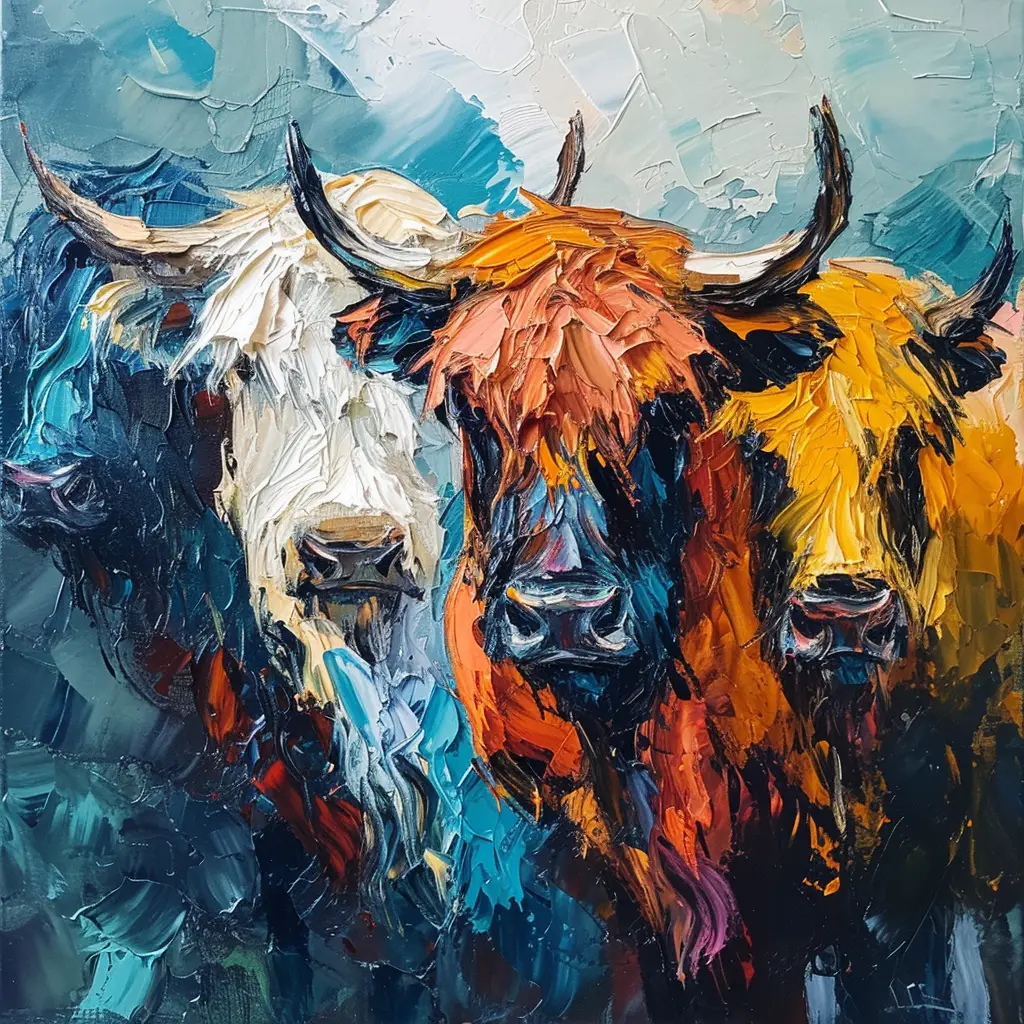
Hans Sampath Blok is a Dutch-Norwegian composer, brass player and director
Events
-
Solo Improvisation @Trovåg Gård 31/07
As part of the opening of a new exhibition with paintings of artist Samuel Oulu
-
Premiere of "YAK" @INN:PUST Festival 04/09
NyNorsk Messingkvintett will premiere "YAK", together with Frode Haltli and Geir Strande Syrrist
-
Premiere of "Malu" @Havnen, Trondheim 01/10
Chamber choir "Aurum" will premiere "Malu" in Trondheim
-
Handel's Messiah @Narvik Church 22/11
With Narvik Church Chamber choir
-
Handel's Messiah @Harstad Church 23/11
With Narvik Church Chamber choir
